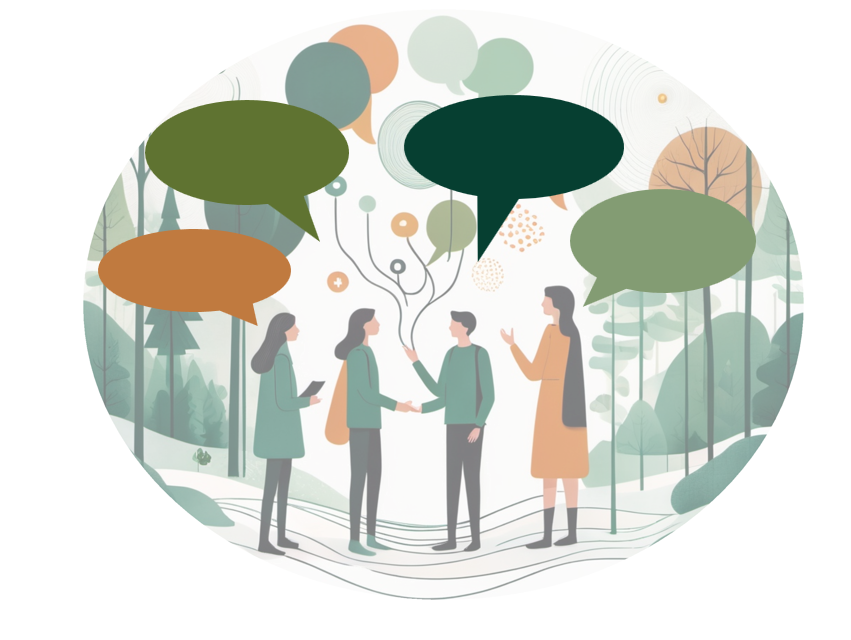On Friday the 24th of October SAMLA arranged the seminar International and comparative perspectives on Indigenous language learning. More than 40 participants followed the seminar online, and we were intrigued, challenged and engaged by our esteemed guest lecturers who, in different ways, discussed assimilation, colonization, resistance, and reclamation of indigenous languages.
Dr. Corinne Seals from Te Herenga Waka – University of Wellington, Aotearoa/New Zealand gave us fruitful and challenging insights into the concepts of translanguaging in indigenous settings, with examples and practices from te reo Māori.
Greenlandic pedagogue Carina Appelon Lykke Melgaard of Ilulissat, Kalaallit Nunaat/Greenland provided an overview of challenges and efforts to establish an Arctic pedagogy centering on Inuk world views and relations.
PhD scholar Michelle Francett-Hermes gave us exciting insights into Skolt Saami parent’s multiple roles in the language learning processes of their children, reminding us of how language learning is not limited to school or classroom settings.
South Saami teacher and research assistant Maajja-Krihke Brandsfjell gave an inspirational talk about the use of “language zones” in the South Saami classroom, and South Saami teacher Vanja Tørresdal brilliantly outlined the findings of her master’s thesis on the challenges of screening Saami children for dyslexia, when the only tools available are lacking in both linguistic suitability and cultural sensitivity.
In their different ways these contributions reminded us that while comparing across contexts has a lot of merit, the ensuing conversations must also be very context sensitive. What “works” in one place might not be the right solution in another place, and another language situation. Further we dwelled on the deep interconnectedness of language learning with land, relations and society, and how it is a vital part of any decolonizing process. On the other side of that coin: challenges and lack of possibilities, infrastructure, and support have consequences that reach far beyond “mere” language skills.
